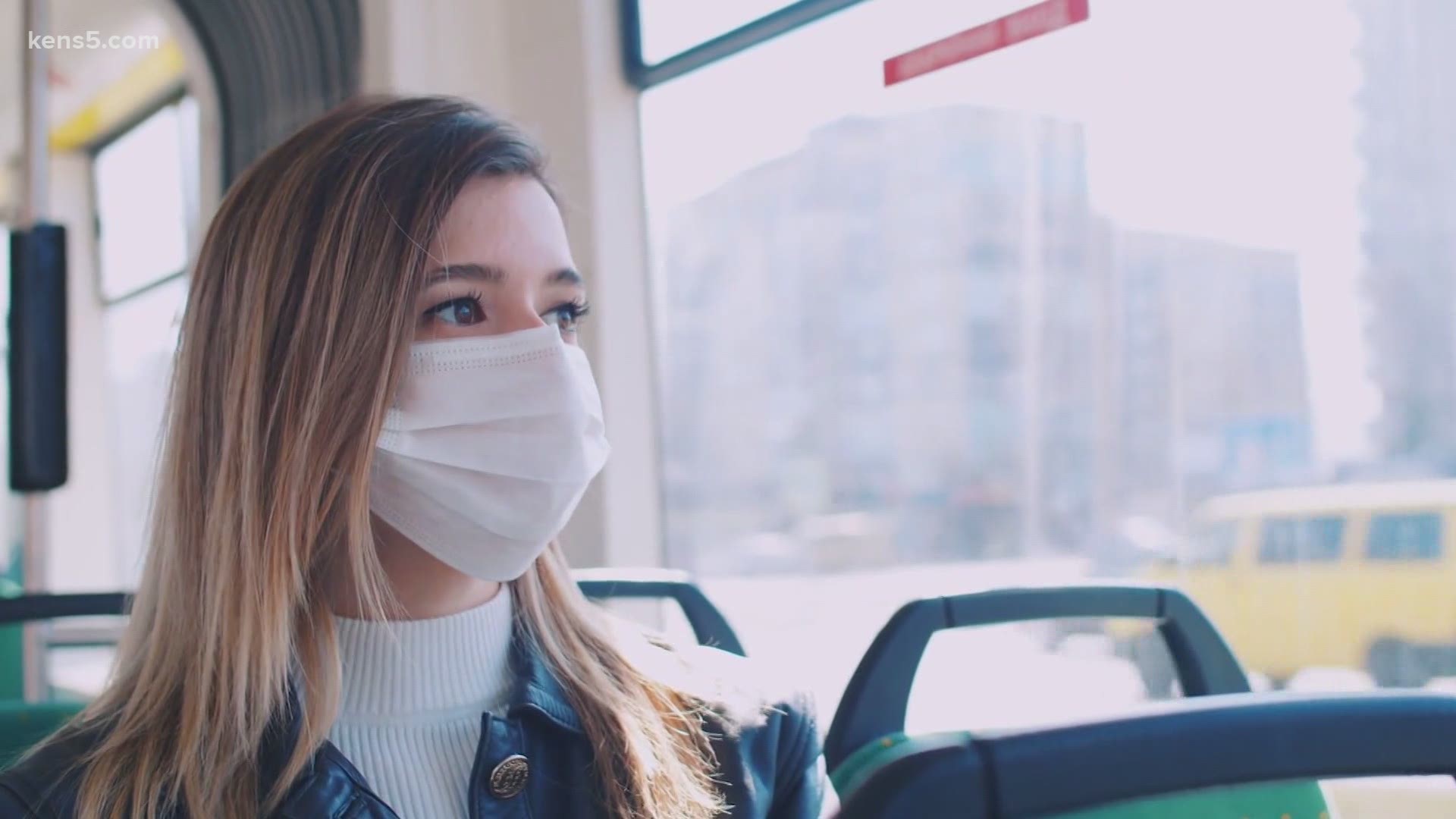SAN ANTONIO — Many may be itching to get back into the office after working from home for the last several months, but a recent report from the Centers of Disease Control highlights why that might be a bad idea.
Take this reporter, who currently works from home and lives alone, making the odds of contracting COVID-19 slim to none. Experts with the CDC say that, if you add a family and return to the office to that scenario, the probability of catching the virus double.
"I miss being able to drop in and say hello, because you just can't do that anymore the same way that you could before," said Caitlin Cox of the American Heart Association of San Antonio, who has been working from home since March. "If you have to go into the office, you have to wear a mask. Our public break room has been closed just to eliminate the shared spaces and cross-contamination of germs."
"The minimum expectation for someone going back to work would be that their employer would provide them a space which is at least six feet (of distance) from other employees," said Dr. Fred Campbell, an associate professor of medicine with UT Health San Antonio.
The CDC interviewed about 300 people who took a coronavirus test in July. They found that workers who tested positive for the virus were almost twice as likely to report regularly to work, compared with those who tested negative, who were more likely to work from home.
"It is impossible to control everyone's behavior," Campbell said.
Workopolis, an online job-searching tool, recommends avoiding the eight dirtiest things in the office, which are: a copier's start button, the coffee pot handle, elevator buttons, desktops, the kitchen sink, community mugs and kitchen sponges, pens, and vending machine buttons.
"It's a little nerve-racking to think about getting back into the swing of it," Cox said, "but I know that we also have great precautions in place and our organization that will protect us all at the same time."
If you do return to the office, experts say try to avoid bathrooms and breakrooms, because common areas have a higher risk of transmission.

